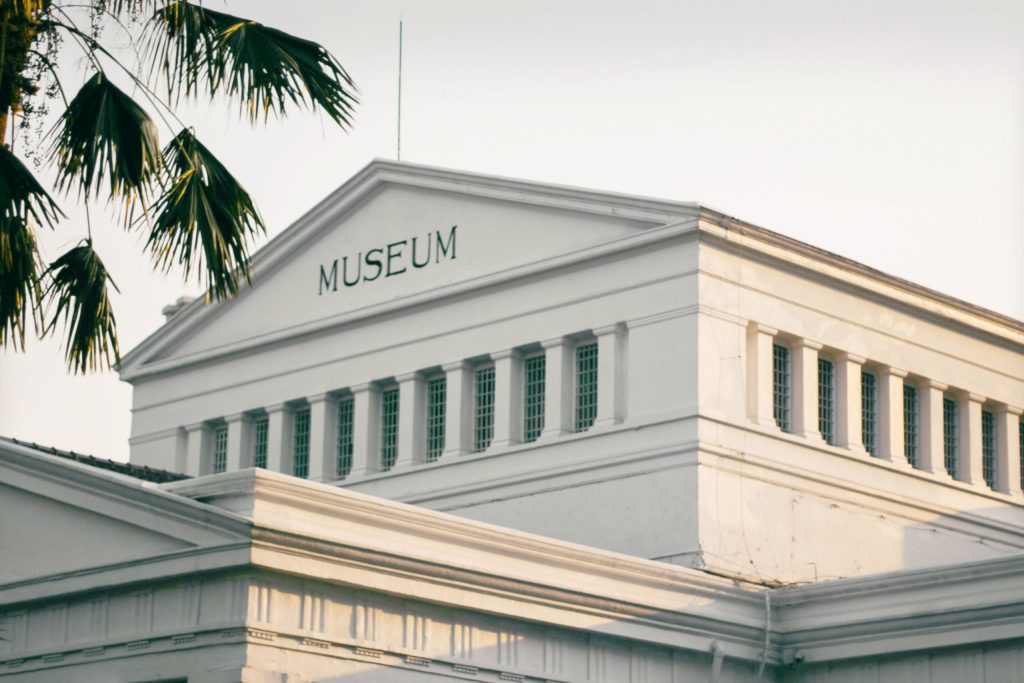The concept of art and its appreciation has been an integral part of human civilization since time immemorial. From the earliest cave paintings to the magnificent artworks of the Renaissance, humans have always sought to express their creativity and emotions through various forms of art. While the history of art dates back thousands of years, the establishment of the first art museum marked a significant milestone in the preservation and celebration of artistic endeavors.
The first art museum in the world is often attributed to the Capitoline Museums in Rome, Italy. Established in 1471 by Pope Sixtus IV, the Capitoline Museums were initially designed to house a collection of ancient bronze statues, including the iconic Capitoline Wolf, which depicts a she-wolf nursing the legendary founders of Rome, Romulus and Remus. Over the centuries, the museum’s collection grew to encompass a vast array of artworks, ranging from classical sculptures and Renaissance paintings to archaeological artifacts and decorative arts.
The creation of the Capitoline Museums marked a revolutionary shift in how society perceived and valued art. Prior to this, artworks were primarily displayed in private collections or religious institutions, often inaccessible to the general public. By establishing a public museum dedicated to art, Pope Sixtus IV sought to democratize access to cultural heritage and foster a greater appreciation for the artistic achievements of humanity.
The success of the Capitoline Museums inspired the establishment of similar institutions across Europe and eventually around the world. Museums such as the Louvre in Paris, the British Museum in London, and the Hermitage in St. Petersburg owe their existence, in part, to the pioneering efforts of the Capitoline Museums. These institutions not only served as repositories for valuable artworks but also as centers for learning, research, and cultural exchange.
The significance of the first art museum extends beyond the mere display of artworks. It symbolizes a commitment to preserving cultural heritage for future generations and a recognition of the intrinsic value of art in human society. Museums play a crucial role in educating the public about art history, fostering creativity and innovation, and promoting cultural diversity and understanding.
In addition to their educational and cultural roles, museums also contribute to the economic development of their host cities and countries. As major tourist attractions, museums generate revenue through ticket sales, merchandise, and other services, while also attracting investment and fostering job creation in the hospitality, retail, and entertainment sectors.
Despite their undeniable impact and importance, museums face numerous challenges in the modern world. From budget constraints and limited resources to evolving audience preferences and technological advancements, museums must continually adapt and innovate to remain relevant and engaging. Digitalization, virtual reality, and interactive exhibits are just some of the ways museums are embracing technology to enhance visitor experiences and reach wider audiences.
In conclusion, the establishment of the first art museum in the world, the Capitoline Museums in Rome, marked a pivotal moment in the history of art and culture. It laid the foundation for the development of museums as we know them today and underscored the enduring significance of art in enriching human lives. As custodians of our collective heritage, museums play a vital role in preserving, interpreting, and celebrating the artistic achievements of humanity, ensuring that the beauty and creativity of past generations continue to inspire and resonate with future generations.


